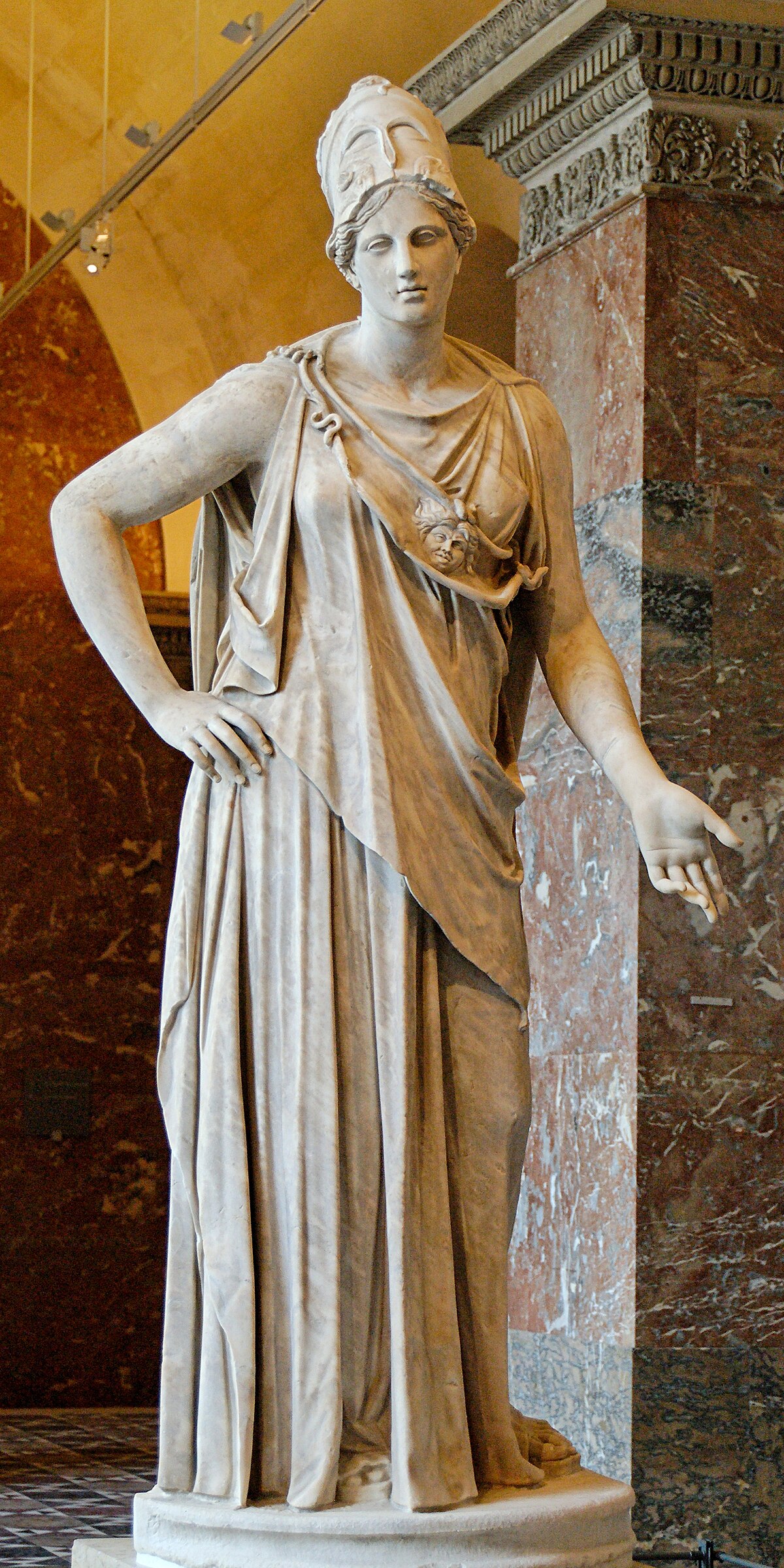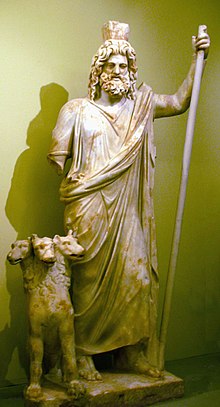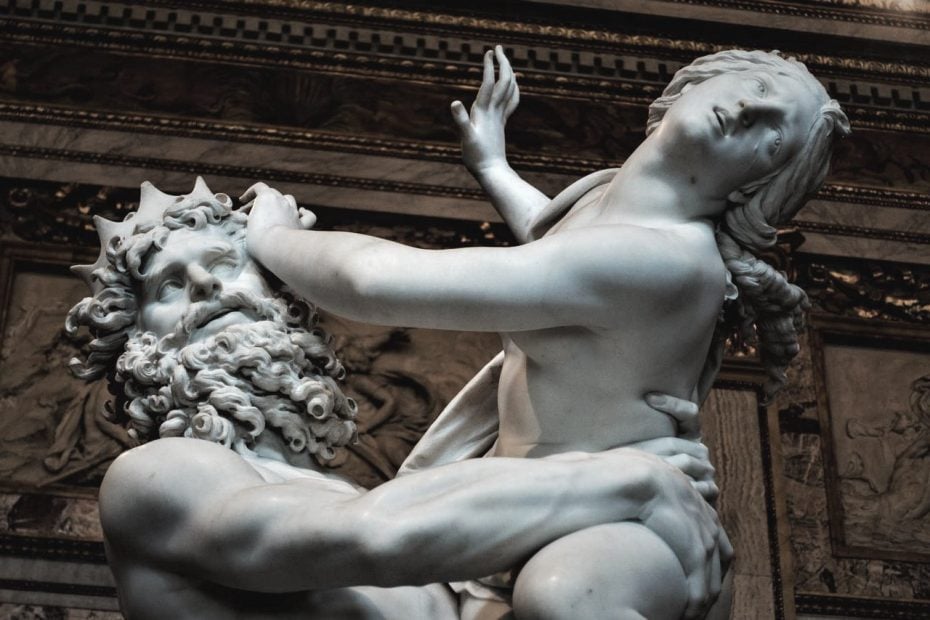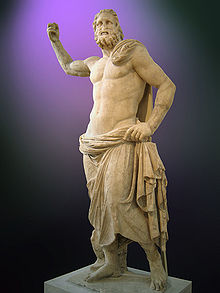Greek Goddess of Love, Beauty & Eternal Youth
 |
| Statue of Aphrodite |
Aphrodite is the Goddess of Love and Beauty and according to Hesiod’s Theogony, she was born from the foam in the waters of Paphos, on the island of Cyprus. According to the second story, however, Aphrodite supposedly arose from the foam when the Titan Cronus slew his father Uranus and threw his genitals into the sea.
However, according to Homer, in Iliad, Aphrodite may instead be the daughter of Zeus and Dione. As with so many Greek deities, there are many stories about the origins of the gods.
Many gods believed that her beauty was such that their rivalry over her would spark a war of the gods. Because of this, Zeus married Aphrodite to Hephaestus – he wasn’t seen as a threat because of his ugliness and deformity.
Despite this marriage to Hephaestus, Aphrodite had many lovers. Her lovers include both gods and men – including the god ARES and the mortal Anchises. She also played a role in the story of Eros and Psyche in which admirers of Psyche neglected to worship Venus (Aphrodite) and instead worshipped her. For this, Aphrodite enlisted EROS (Cupid) to exact her revenge but the god of love instead falls in love with the girl.
Later, Aphrodite was both Adonis’s lover and his surrogate mother. This led to a feud with Persephone in which Zeus decreed ADONIS should spend half of the year with Aphrodite and half of the year with Persephone. Aphrodite was the goddess of fertility, love, and beauty.
Two different stories explain the birth of Aphrodite. The first is simple: She was the child of Zeus and Dione.
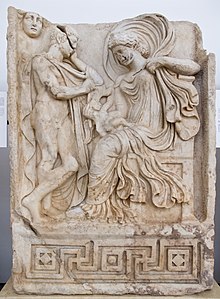 |
Aphrodite was married to Hephaestus, but Aphrodite did not enter into this union of her own volition.
Aphrodite didn't just have it out for those who denied her advances — she also wasn't down for disrespect of any kind. A man named Glaucus once insulted her, so she clapped back by feeding his horses magic water that caused them to turn on him during a chariot race. The horses not only crushed him but ate his body. Aphrodite was not bothered in the slightest.
